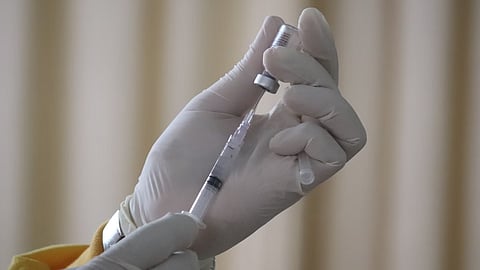Autoimmune signs and symptoms encompass aches, fatigue, muscle spasms, and infection. Conditions like cancer, organ damage, dementia, and heart disease can be a matter of concern. Inverse vaccines show a lot of potential for treating autoimmune illnesses.
For diseases like celiac disease and multiple sclerosis, clinical trials are underway.
If the vaccination turns out to be effective, this approach may replace complex immunomodulatory medicinal drugs, reduce side effects, and provide effective treatment. If the inversion vaccine turns out to be approved by physicians, which is currently not widely available, it would represent a significant advancement in providing hope and treatment to those suffering from autoimmune conditions.
Hope for autoimmune disease research comes from the opportunity of extra treatment plans or extra-centered remedies. For those with autoimmune illnesses, it offers a ray of hope.
Reference
1) https://pme.uchicago.edu/news/inverse-vaccine-shows-potential-treat-multiple-sclerosis-and-other-autoimmune-diseases
2) https://www.thelancet.com/journals/lancet/article/PIIS0140-6736(23)00457-9/fulltext
(Rehash/Arpita Meher)


